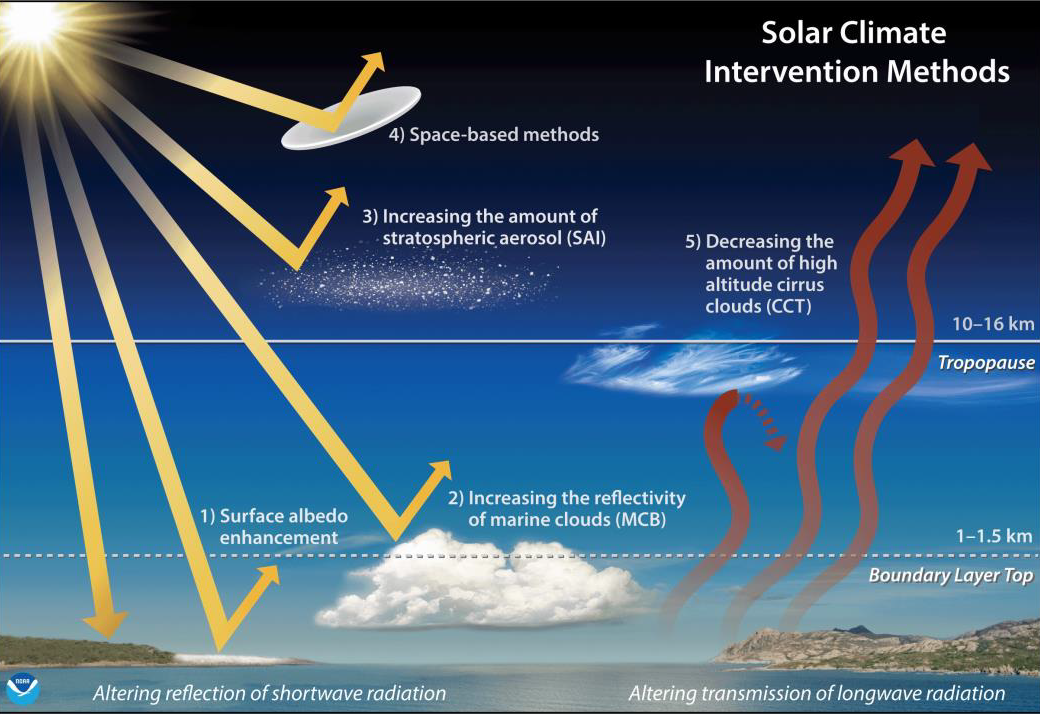Research shows current investment flows into sectors including infrastructure, buildings and agriculture could be leaving the UK vulnerable to climate impacts.
The Mission Climate Ready: Unleashing finance and investment for a prosperous Climate Ready economy report from Oxford University’s Environmental Change Institute, Smith School of Enterprise and the Environment and the Green Finance Institute highlights significant gaps in UK policy that are slowing the flow of finance towards managing impacts extreme heat, floods, storms and drought in the UK.
The new report makes 25 recommendations, including establishing a National Office for Climate Readiness and mandating the UK Infrastructure Bank and British Business Bank to prioritise preparing for physical impacts alongside reaching net-zero.
Dr Nicola Ranger, the report’s lead author and leader of the Resilience and International Development Programme at Oxford University said: “The UK is underprepared for climate change, putting lives, livelihoods, assets and well-being at increasing risk. Physical climate risks are not fully accounted for in financial decision making which means investment flows into critical sectors like infrastructure, buildings and agriculture may be unknowingly pushing the UK in the wrong direction, as well as leaving the UK financial sector itself exposed to systemic financial risks.”
For example, according to the Task Force on Climate-Related Financial Disclosures, only around 20 per cent of asset managers and 35 per cent of asset owners are reporting on their physical climate risks.
The Infrastructure and Projects Authority (IPA) estimates that total infrastructure investment in the UK over the next 10 years, including private investment, will be nearly £650bn, 35 times larger than the costs of adaptation estimated for climate proofing infrastructure from the UK’s 3rd National Climate Risk Assessment, published last year. This demonstrates the potential scale of the financial firepower to be unleashed, but also the urgent need to integrate climate resilience within financial flows in the UK.
Latest News
-
Trump effect leads to slump in European ESG investment
-
Skipton Building Society names Refuge as its next charity partner
-
Voices of children impacted by hygiene poverty to be played at shopping centre toilets
-
Corporate partners wanted for rebranded environmental match funding campaign
-
Building Society hands domestic abuse survivors’ charity £150,000
-
Coffee firm links up with National Park to create ‘haven for biodiversity’
© 2019 Perspective Publishing Privacy & Cookies




.png)




Recent Stories